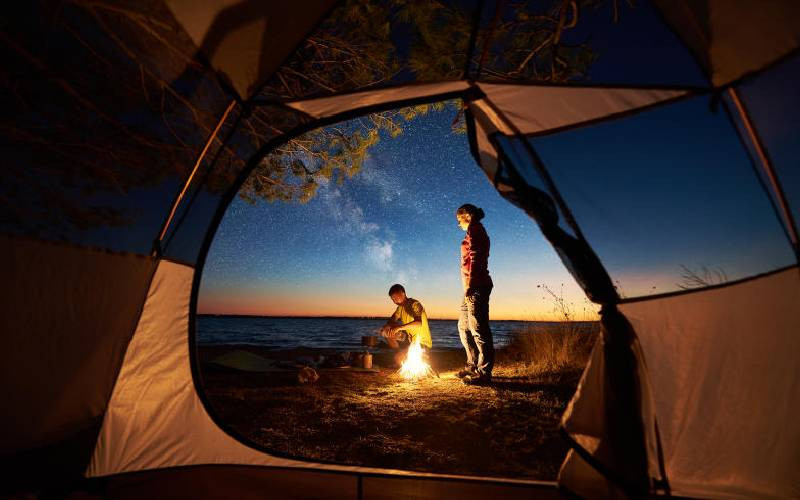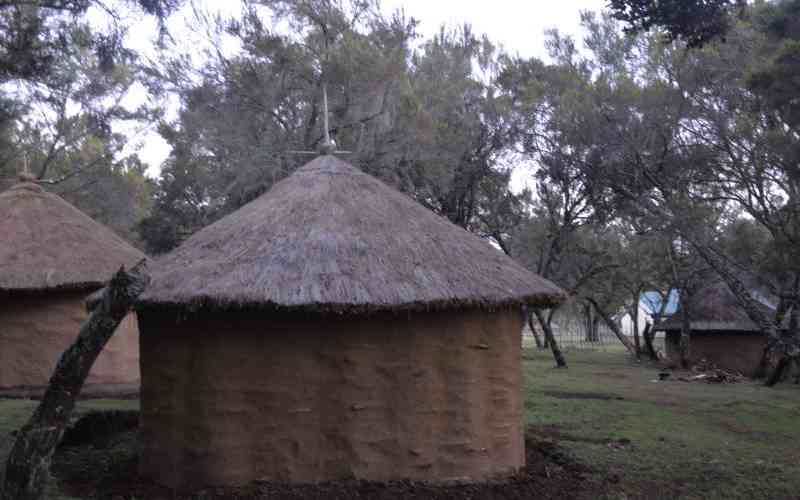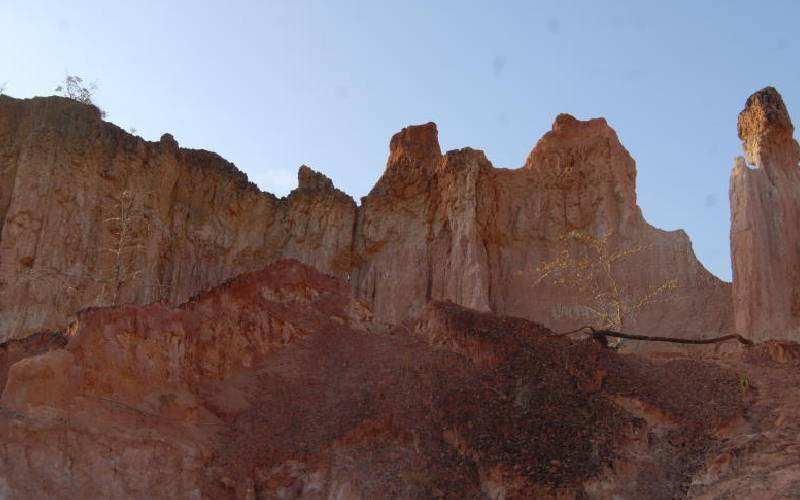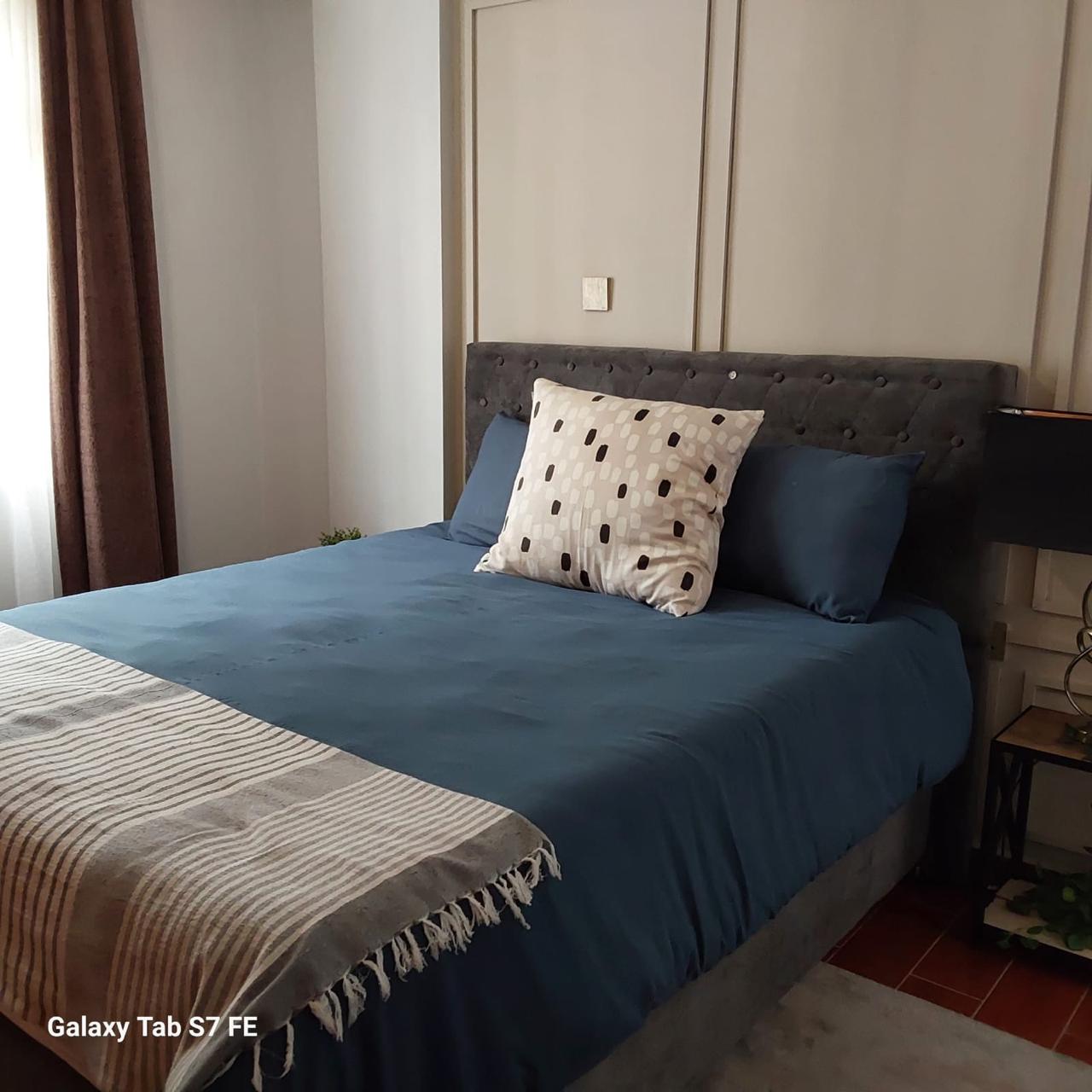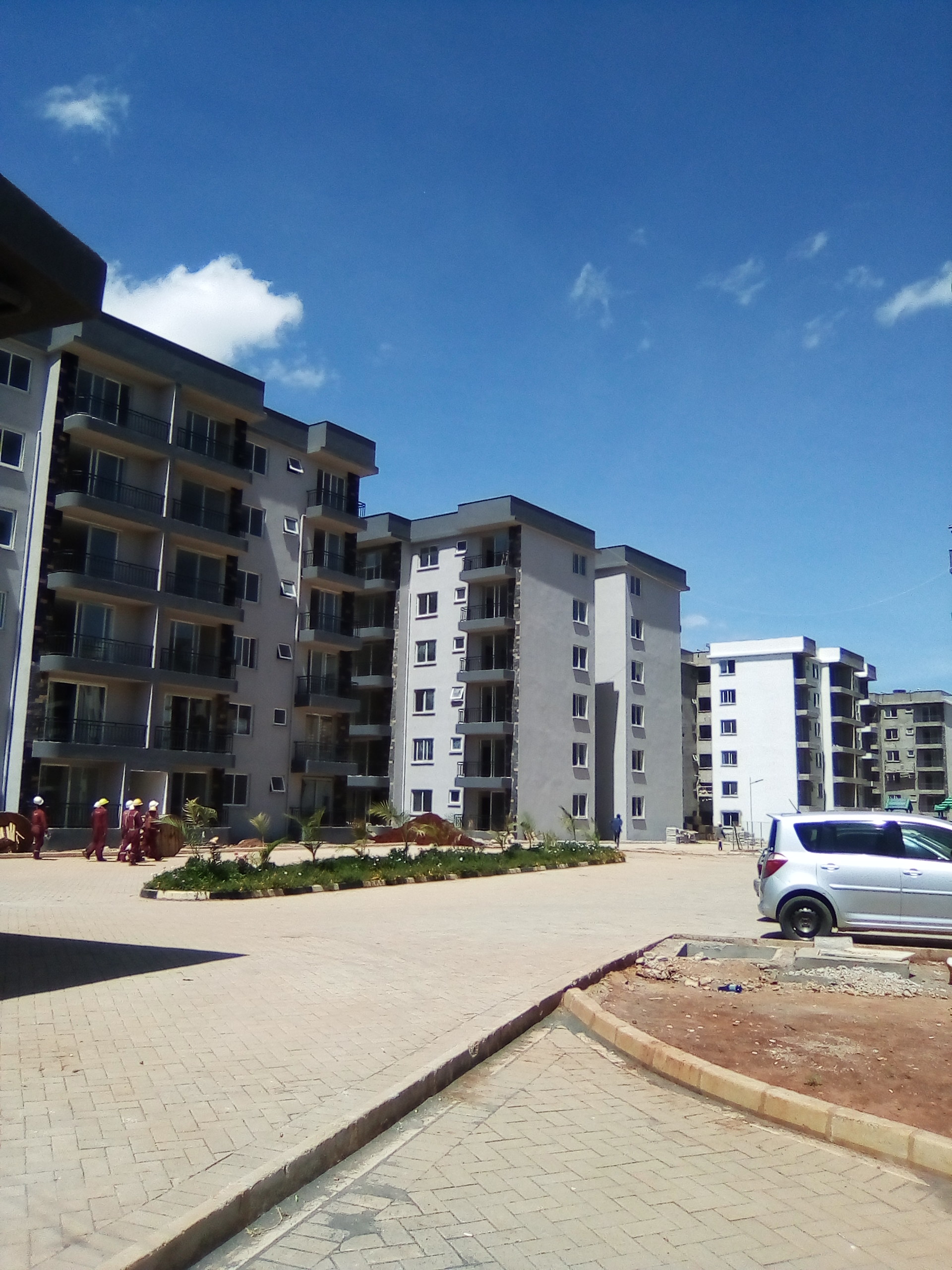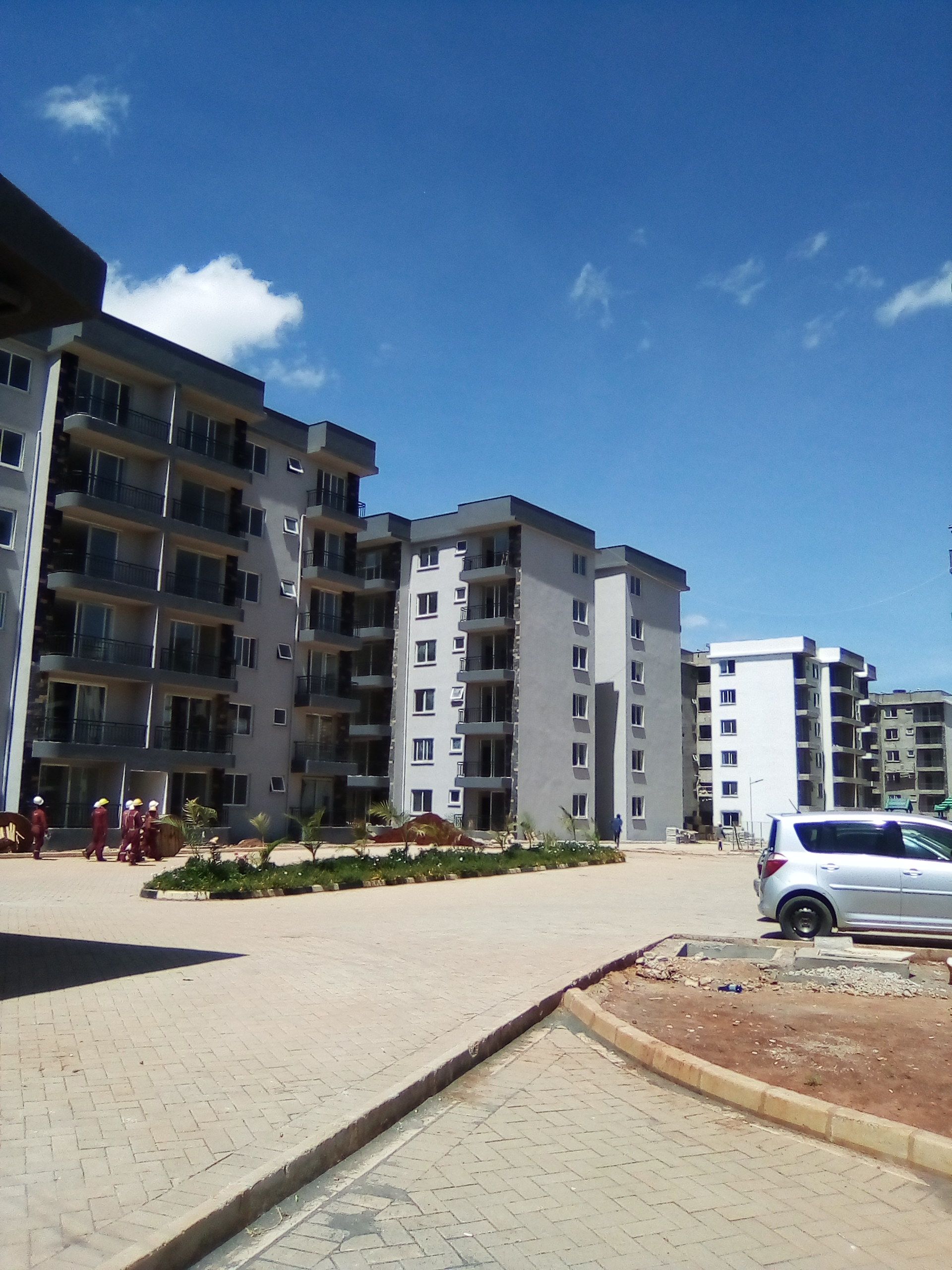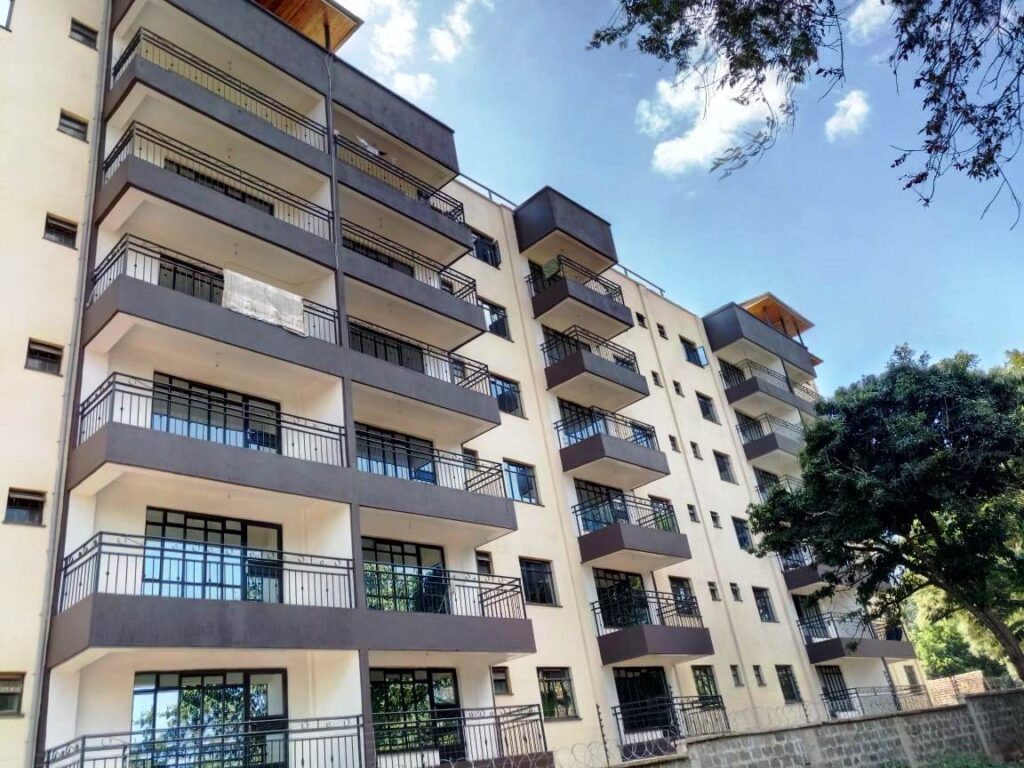
Ever visited a new place and instantly felt like you are reliving a moment in a movie? That your mind is pulling a déjà vu but is not?
Having been binge-watching a series of enchanted forest kingdoms and some of the world’s biological hotspots like those of the remote Himalayan...
 The Standard Group Plc is a multi-media organization with investments in media platforms spanning newspaper print
operations, television, radio broadcasting, digital and online services. The Standard Group is recognized as a
leading multi-media house in Kenya with a key influence in matters of national and international interest.
The Standard Group Plc is a multi-media organization with investments in media platforms spanning newspaper print
operations, television, radio broadcasting, digital and online services. The Standard Group is recognized as a
leading multi-media house in Kenya with a key influence in matters of national and international interest.


